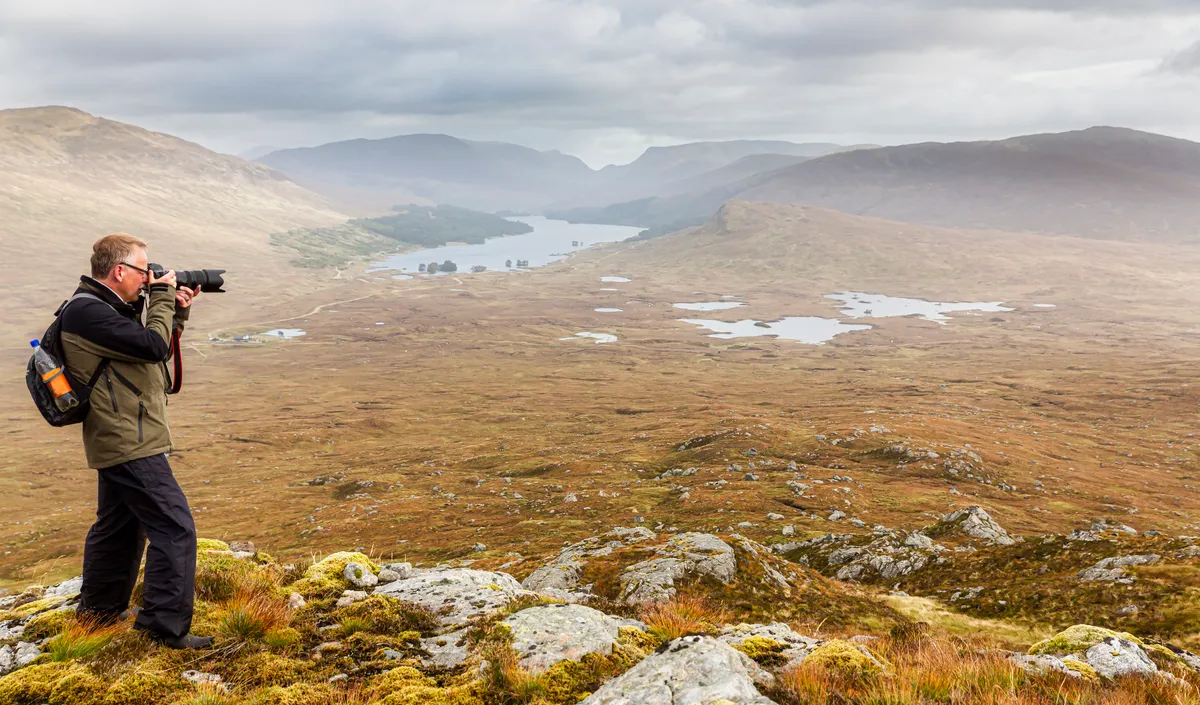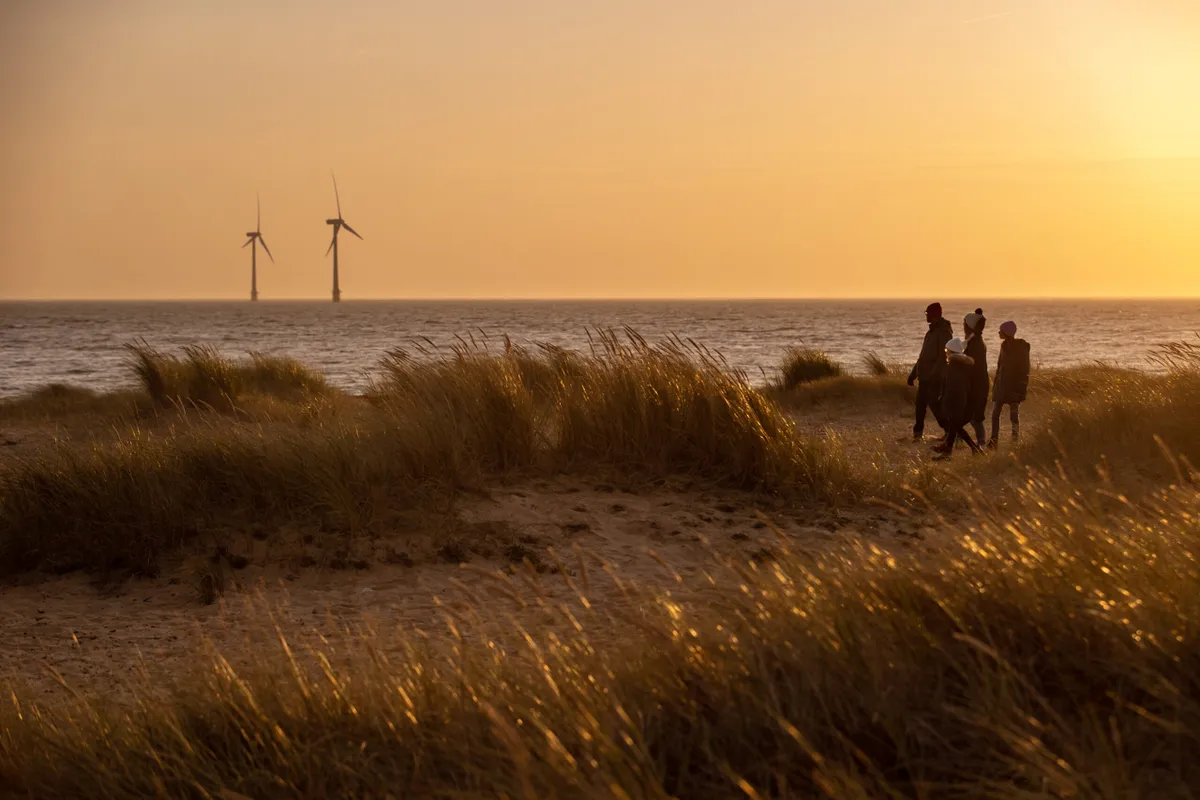Roaring waterfalls, snow-capped mountains and dark skies scattered with stars — nature offers up some truly incredible sights. Alongside its power to astound, nature can fuel positive change in many aspects of our lives.
The natural world benefits physical and mental health, fights the effects of climate change and has the potential to power the entire nation. It’s undeniable — nature is an invaluable force for good.

Health & wellness
Spending time in nature is good for our health, both physical and mental. Just the very presence of an outdoor space — be it a sandy beach, muddy trail or city park — encourages us to get outside and exercise. Walking, running or cycling outdoors can improve your mood and reduce stress.
From growing your own vegetables to attending forest school, feeling connected to nature is important for all ages. Even watching birds from your kitchen window can have a calming effect, lowering your heart rate and helping you to feel more grounded. That’s the power of nature at its best.

Carbon capture
Nature is quietly helping humanity by doing something it has always done: absorbing carbon dioxide from the atmosphere and locking it up for centuries. Never has this been more important than now, when the burning of fossil fuels is the main cause of climate change.
Several ecosystems are naturally effective carbon sinks, including seagrass meadows, peatland, woodland and salt marshes. The ocean is also adept at storing carbon — absorbing 20-35 percent human-made greenhouse gas emissions every year (source: The Wildlife Trusts). Nature is already doing a brilliant job but the human population can help by maintaining and creating these essential habitats.

Renewable energy
Nature has the potential to lead a clean energy future. Wind, sun and water are all powerful energy sources that can be leveraged to fuel our homes and transport, while reducing the need for fossil fuels like coal, oil and gas.
Simply put, the sheer force of a blowing gale can be captured and converted into electricity for the human population to use. And luckily, windy weather occurs often and can’t be depleted like previous energy sources.
How could switching to cleaner energy help protect the environment? Find out here.

How will National Grid harness the power of nature?
Nature can lend us a huge helping hand when it comes to power supply. But switching to cleaner energy will require a grid capable of transporting all that renewable power from where it’s generated — like the North Sea — to where it’s needed.
National Grid is working to get this renewable energy to you and provide everyone with cleaner, more affordable power. At the heart of this plan is the largest transformation of the UK’s electricity network in generations: The Great Grid Upgrade. This upgrade will involve building new infrastructure, and updating old networks, to scale up the electricity grid and make it fit for a cleaner future.

A better tomorrow
The Great Grid Upgrade is no small undertaking — National Grid needs to build five times more transmission infrastructure in the next seven years than has been built in the last 30. But the benefits are significant — it will result in a huge economic boost for the country, with the creation of hundreds of thousands of new green jobs, increased energy security and more affordable prices for all.
Unsurprisingly, it’ll be good for the planet too. Upgrading the grid today will reduce the nation’s carbon footprint and help us to reach net zero faster.
Find out more about The Great Grid Upgrade here
Protecting the environment
National Grid works closely with Natural England to reduce the impact of its activities and protect natural habitats as a priority.
This includes maintaining around 1,800 hectares of non-operational land, including ancient woodland and peatland, and aiming to increase the land’s environmental value by 10 percent by 2026. Increasing value could mean replanting wildflower meadows and native trees or installing beehives and other wildlife homes, depending on the habitat.
